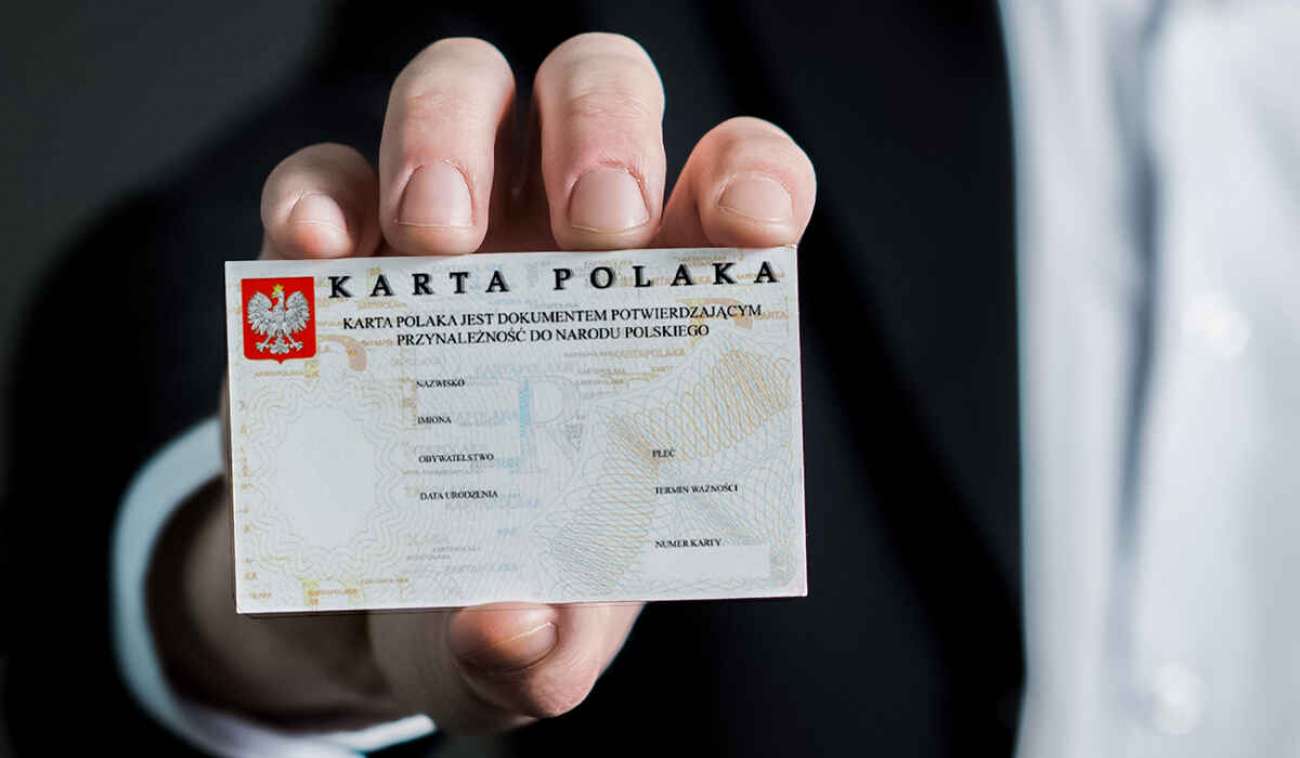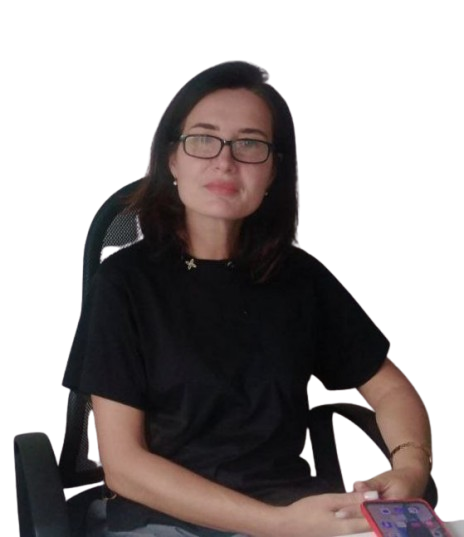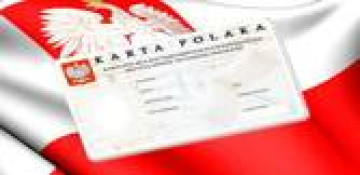Who am I — self-introduction and personal details
Karta Polaka interview always begins with a short introduction. Karta Polaka questions and answers . The consul asks questions for the Karta Polaka : "Please tell me something about yourself." The candidate should provide their first name, last name, age, place of birth, place of residence, and occupation. It's worth speaking Polish—this is the first moment when the consul will assess your language skills.
Example response:
“My name is Anna Kowalska, I'm 28 years old, I was born in Grodno, I live in Minsk, and I work as an English teacher.”
Origin — documents confirming connection with Polish heritage
The consul will ask for documents confirming your Polish ancestry: birth certificates, baptismal certificates, school certificates, or archival documents indicating your ancestors' Polish nationality. The consul will often ask questions about your origins: "Who was your grandfather?", "Where did your great-grandparents live?".
It's important to be able to tell about your family:
- surnames and first names of your ancestors,
- place of residence,
- historical facts (e.g., deportations, resettlements),
- family traditions (holidays, language spoken at home).
Knowledge of the Polish language and speaking in Polish
One of the basic requirements is the ability to conduct a conversation in Polish. The consul checks whether the candidate understands the questions and can answer in full sentences.
Typical questions confirmation of Polish origin :.
- “What is the Polish national anthem?”
- “Who is the patron saint of Poland?”
- “What are the national colors?”
- “Please tell me what you like about Poland.”
You don't have to speak perfectly, but it's important to communicate fluently. The consul may ask you to read a fragment of the text in Polish.
Cultural and civic activity - proof of involvement.
The candidate should demonstrate their involvement in Polish culture. They can provide a certificate from a Polish organization, participation in language courses, or association activities. Polish Card Interview The Consul may ask sample questions from the consul for the Karta Polaka :
- “Do you participate in the life of the Polish community?”
- “What Polish holidays do you celebrate?”
It is a good idea to mention participation in the November 11th, Christmas, Easter, or cultural events.
Declaration of belonging to the Polish Nation.
One of the most important elements is submitting a written declaration of belonging to the Polish Nation. The consul will ask you to sign it. Sample questions from the consul regarding the Polish Card: "Why do you want to receive the Polish Card?" The answer should be sincere and personal, e.g.:.
"I want to get to know Poland better, study there, and work there in the future. Polish culture is important to me because my grandparents were Polish."
Documents you need to bring—what the consul wants to see.
The basic package of documents is:
- Pole's Card application.
- Passport.
- Birth certificates, your own and your ancestors'.
- Documents confirming Polish origin.
- Passport photos.
- Certificate from a Polish organization (if required).
It's worth preparing copies of documents—the consul can keep them for your records.
Typical questions the consul asks during an interview—a sample list.
What questions are asked during an interview for the Polish Card? The most frequently asked sample questions about the Polish Card:
- “What is the Polish Card and what does it offer?”
- “What are the national symbols of Poland?”
- “Who was Józef Piłsudski?”
- “What are the largest cities in Poland?”
- “Please list the national holidays.”
- “Who is the current President of Poland?".
- "Do you know the Polish national anthem?".
These questions for the Polish Card are intended to test the candidate's general knowledge and identity.
How to prepare for an interview with the consul--practical tips.
- Learn basic phrases and vocabulary in Polish.
- Revisit the history of Poland--the most important dates (966, 1791, 1918, 1989).
- Remember the names: Pilsudski, Copernicus, Chopin, John Paul II.
- Prepare documents in a folder and notarized copies, if necessary. possible.
- Dress neatly—the interview is formal.
What can go wrong—the most common mistakes in the interview and how to avoid them.
- Incomplete documents—it's better to check the list at the consulate.
- Ignorance of Polish—it's worth taking a few lessons or a course.
- Not being prepared for the questions—at least basic knowledge of Poland is necessary.
- Lack of coherence in the family story—you need to know your dates and places of birth. ancestors.
To successfully pass an interview for the Pole's Card, you need to prepare documents proving your Polish origin, be able to introduce yourself and respond in Polish, know the history, symbols and traditions of Poland, and demonstrate your involvement in Polish culture. It is important to have a complete package of documents and clearly explain your motivation.
F.A.Q.
Question
Does the consul always conduct the interview in Polish?
Answer
Yes, the interview is conducted in Polish because the consul must assess your language skills. Perfection is not required, but the candidate should understand the questions and be able to answer in complete sentences.
Question
What ancestral documents are accepted by the consul?
Answer
Most often, birth certificates, baptismal certificates, school certificates, passports with the entry "nationality: Polish," and documents from archives. Documents can be originals or certified copies.
Question
Does activity in a Polish community organization count in the interview with the consul?
Answer
Yes, the consul often asks about involvement in the life of the Polish community. Proof of participation in a Polish community organization or event is a significant asset during the interview.
Question
Are questions about customs and traditions mandatory?
Answer
Usually yes – the consul asks about national holidays, symbols, and traditions to assess whether the candidate knows and cultivates Polish culture. It's worth preparing for questions about Christmas, Easter, and November 11th.
Question
What if I don't have a document confirming my knowledge of the Polish language?
Answer
No formal certificate is required. The consul will assess your language proficiency during the interview. If the candidate understands the questions and is able to answer them, this will be sufficient for a positive assessment.
Question
Can the consul's questions concern private life or religion?
Answer
The consul may ask about family background and traditions, but should not delve into details of private life or religion. The questions primarily concern history, language, and Polish identity.





























